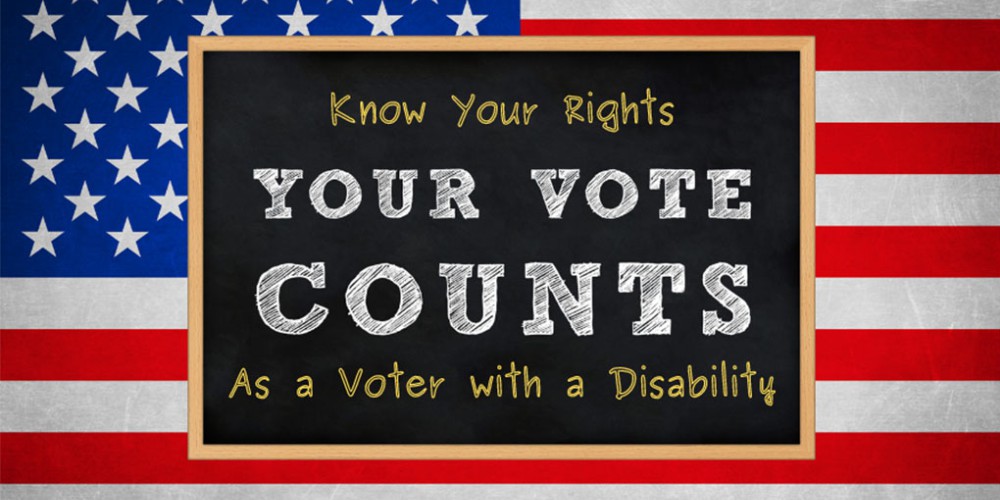Recent findings indicate that more than 38.3 million people with disabilities will vote in the 2020 presidential election. The voter demographics primarily include people with intellectual, cognitive, physical, sensory, and communication challenges.
The Americans with Disabilities Act (ADA) and the Help America Vote Act (HAVA) uphold the right to accessible, private, and independent voting for people with disabilities. The U.S. Election Assistance Commission (EAC) works to assist electoral officials by strengthening the voting system and serving as a clearinghouse. It also works to improve the overall voting experience.
Here are some of the rights for voters with disabilities, as granted by the EAC
- You can bring someone to help you cast your vote. This person could be a family member, caregiver, friend, or any other person but not your employer or union representative
- Vote independently and in private
- You have the right to access a polling station with accessible voting machines
- You can bring your service animal to the polling station
- Seek help from workers at the polling station who are trained to use accessible voting machines
- You have the right to choose the best voting method
Important tips
1. Learn about voting
Visit, call, or email your local election office well in advance. Familiarize yourself with the voting laws in your state, voter registration deadlines, early voting and/or absentee ballot requests, accessible voting machines, alternative voting options, accessibility of the polling station, the candidates, and ballot propositions.
2. Register to vote
The local election office will help you register. Be aware of the registration deadlines. Many states are now offering online voter registration. While registering, double-check the information you have entered.
3. Inform about your needs in advance
Informing the election office about your needs will help you on the day of polling. Contact your local election office about accessible voting options Alert poll workers about your accessibility requirements on the day of election.
4. Share your voting experience
Election officials would want to hear from you about your experience with accessible voting. After casting your vote, tell the local election office about your voting experience—whether it was positive or needs improvement. Several election offices have committees for voters with disabilities. Consider getting involved.

